
|
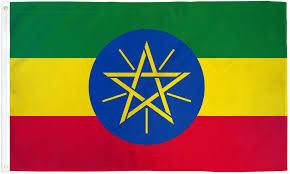
|
Date: May 02, 2025
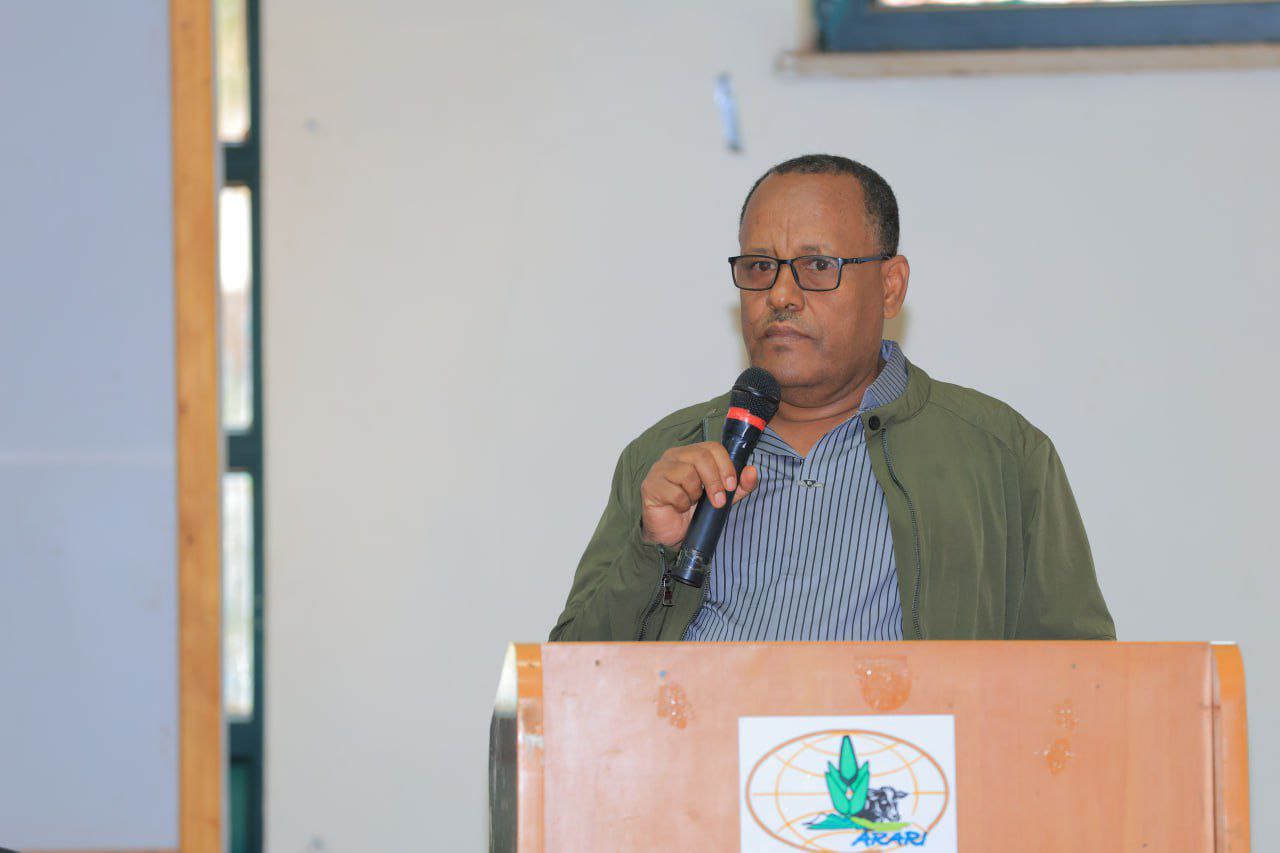
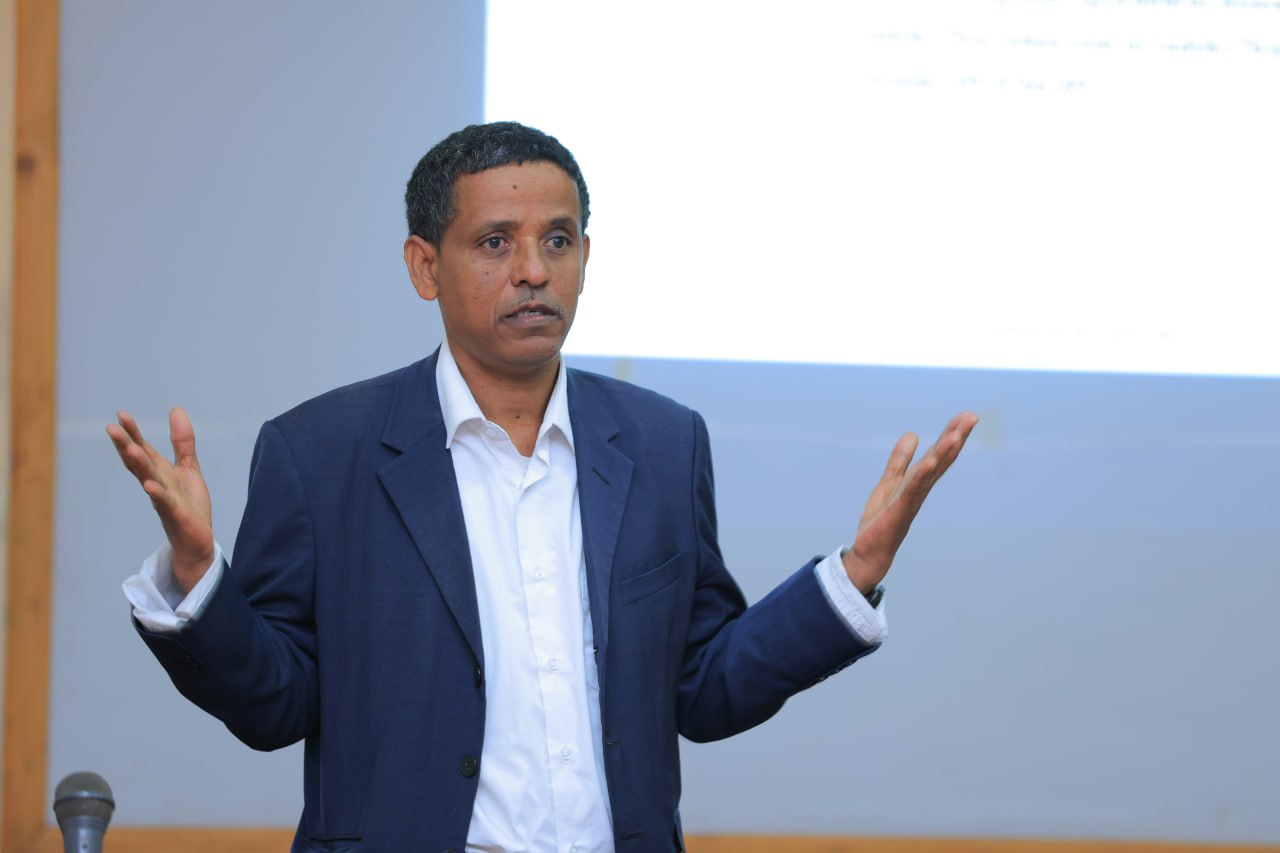
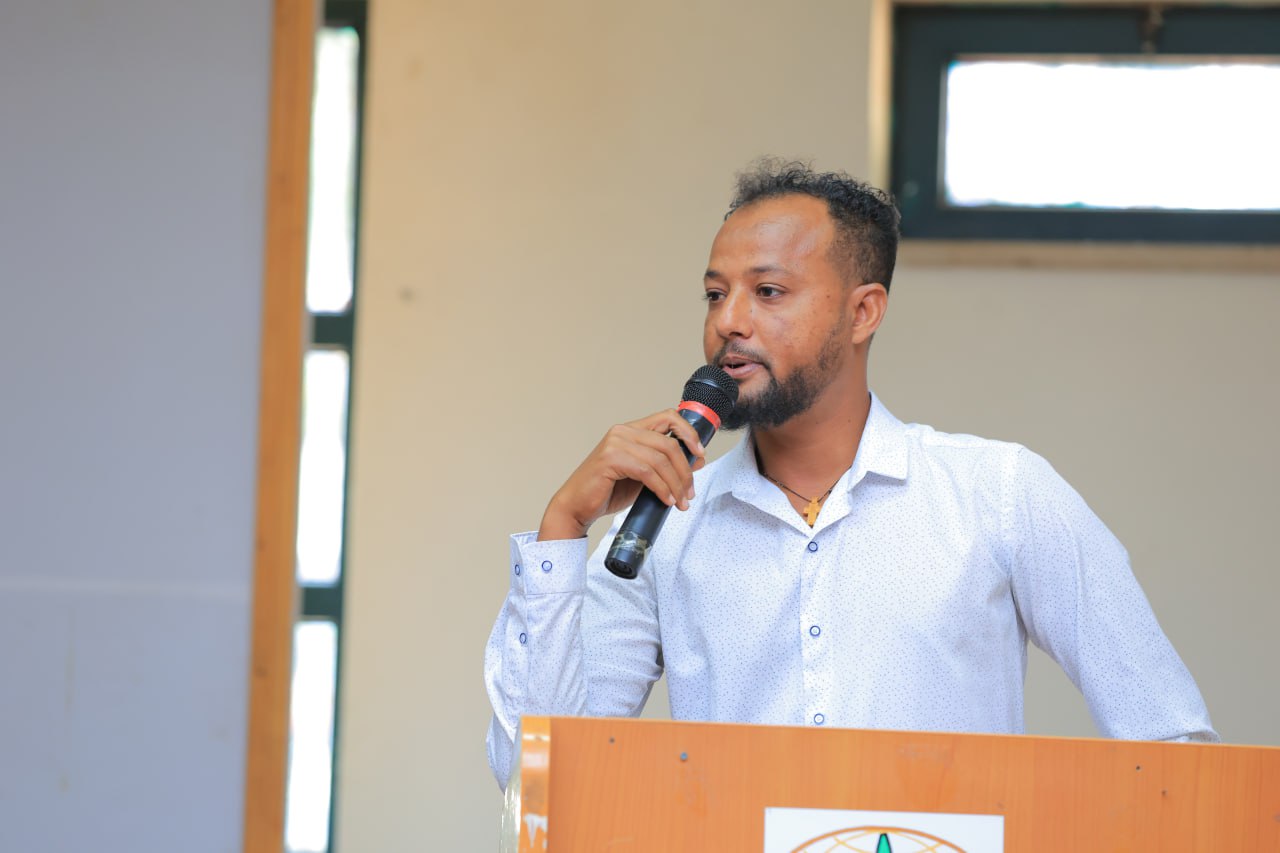
Workshop on scaling up of acid soil management and demonstration of the newly released acid tolerant Sekela wheat variety in western Amhara region.
Adet Agricultural Research Center, one of the key research centers under Amhara Agricultural Research Institute (ARARI), held a workshop on scaling up of acid soil management and demonstration of newly released acid tolerant bread wheat variety called Sekela and other research findings released so far to alleviate the problem.
In his opening speech, Dr. Asmare Dejen, the Director General of ARARI, emphasized the urgency of addressing soil acidity which threatens the agricultural productivity in the acid affected areas of the region, particularly the then Gojam area, western Amhara. He called for an immediate and joint action from all stakeholders to implement research based solutions to combat this serious production bottleneck.
In addition, Mr. Atakiltie Abebe, Director of Adet Agricultural Research Center, announced that the center has played key role in mitigating soil acidity since a decade and half and recommended different mitigation measures including the newly released acid tolerant Sekela bread wheat variety. The Center Director underlined that the aim of the workshop was to jointly plan the scale up of this variety with zonal and district agricultural experts.
Moreover, Dr. Tadele Amare, Lead Soil fertility Researcher at Adet Agricultural Research Center, highlighted that 36.6% of the region’s arable land is affected by acidity at different levels.
Furthermore, Dr. Tadele stated that, through the research efforts carried out so far, several key recommendations and technologies have been developed. These include row lime application, the development of acid-tolerant crop varieties, evaluation of the effects of agroforestry practices, applying compost and lime to faba bean, identification of fast-growing using green manuring plants, and combined application for phosphorus fertilizer and lime. He emphasized that translating these research outputs into practical solutions requires strong commitment and collaboration from all stakeholders at various levels.
Mr. Asmamaw Demil, Agricultural Research Extension Researcher at Adet Research Center, shared progress on technology promotion and training efforts across districts in Awi, Gojam, and South Gondar Zones.
The workshop concluded with the development of a joint action plan to expand the use of Sekela wheat variety in the upcoming production season.
Participants underscored the need for swift support from regional, national, and international partners to curb the spread of soil acidity and ensure sustainable agricultural development.
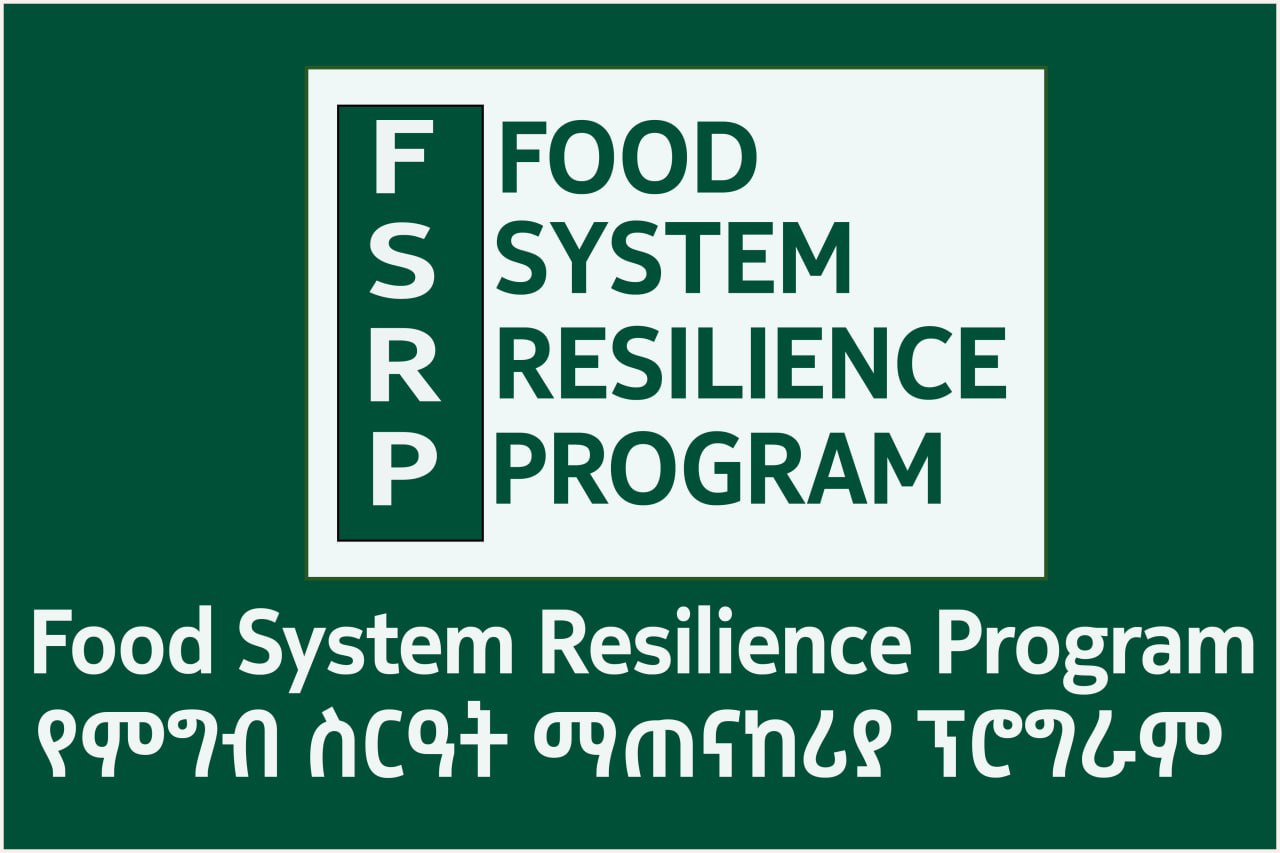


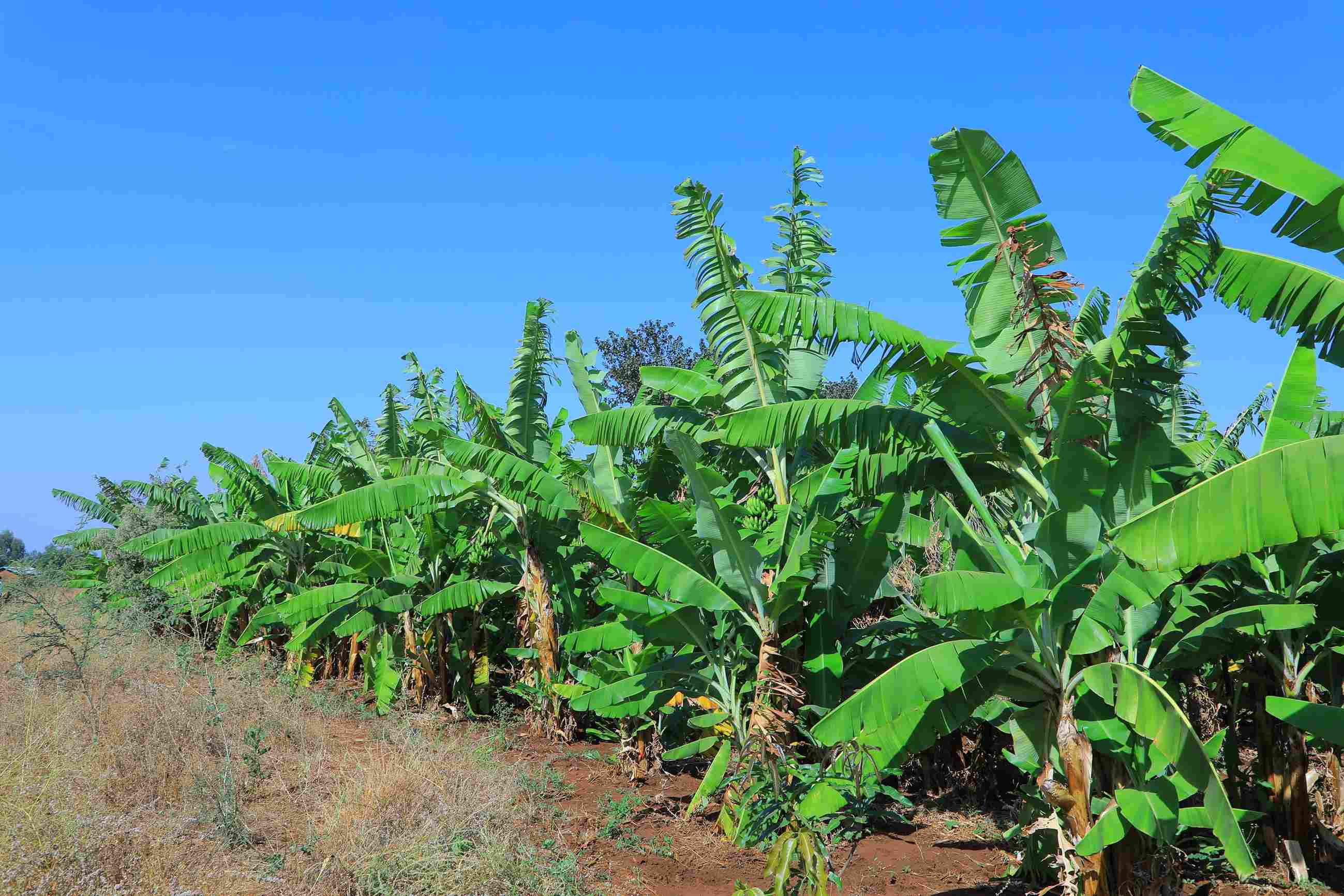
Science grows food; peace sustains itFood security remains one of the most pressing global challenges, especially in regions affected by conflict and environmental instability. Agricultural research plays a pivotal role in addressing this challenge by developing resilient crop varieties, sustainable farming practices, and innovative technologies tailored to local conditions. However, the effectiveness of these solutions can be undermined by conflicts, wars, and instabilities caused by many human-made issues that disrupt farming activities, displace communities, and hinder access to markets and resources. Effective conflict management strategies are essential to create an environment where agricultural innovations can thrive. By integrating agricultural research with conflict-sensitive approaches, stakeholders can ensure that interventions reach the most vulnerable populations. Collaborative efforts between governments, researchers, and communities are vital to restoring trust and fostering long-term resilience. Ultimately, the path to food security lies in harmonizing science and peacebuilding efforts. With coordinated action, we can cultivate not only thriving farms but also stable communities, paving the way for a sustainable future for all. Author: Solomon Abate Mekonnen Date: 2024-12-21 43:21:08 |
|
 |
Enhancing Research Publishing: New Digital Journal Management SystemThe Amhara Agricultural Research Institute (ARARI) is proud to introduce its new Digital Journal Management System, designed to streamline the process of tracking submissions and publications. This advanced system offers a seamless experience for authors, reviewers, and editors, ensuring that every step of the publication process is efficient and transparent. By adopting this digital solution, ARARI aims to foster a more organized and accessible platform for research publishing, ultimately advancing the dissemination of vital agricultural research. Author: Solomon AM Date: 2024-05-24 10:24:01 |
 |
ARARI Revolutionizes Research Engagement with Innovative Digital SystemThe Amhara Agricultural Research Institute (ARARI) is transforming its research operations by implementing a cutting-edge digital system. This innovative platform aims to enhance the efficiency and effectiveness of agricultural research, streamline data management, and foster seamless communication among researchers. By embracing digital technology, ARARI is poised to accelerate scientific discoveries and ensure sustainable agricultural development in the region. Author: Solomon AM Date: 2024-05-24 50:24:09 |
Science grows food; peace sustains it |
|
Food security remains one of the most pressing global challenges, especially in regions affected by conflict and environmental instability. Agricultural research plays a pivotal role in addressing this challenge by developing resilient crop varieties, sustainable farming practices, and innovative technologies tailored to local conditions. However, the effectiveness of these solutions can be undermined by conflicts, wars, and instabilities caused by many human-made issues that disrupt farming activities, displace communities, and hinder access to markets and resources. Effective conflict management strategies are essential to create an environment where agricultural innovations can thrive. By integrating agricultural research with conflict-sensitive approaches, stakeholders can ensure that interventions reach the most vulnerable populations. Collaborative efforts between governments, researchers, and communities are vital to restoring trust and fostering long-term resilience. Ultimately, the path to food security lies in harmonizing science and peacebuilding efforts. With coordinated action, we can cultivate not only thriving farms but also stable communities, paving the way for a sustainable future for all. Author: Solomon Abate Mekonnen Date: 2024-12-21 43:21:08 |
Enhancing Research Publishing: New Digital Journal Management System |
 |
|
The Amhara Agricultural Research Institute (ARARI) is proud to introduce its new Digital Journal Management System, designed to streamline the process of tracking submissions and publications. This advanced system offers a seamless experience for authors, reviewers, and editors, ensuring that every step of the publication process is efficient and transparent. By adopting this digital solution, ARARI aims to foster a more organized and accessible platform for research publishing, ultimately advancing the dissemination of vital agricultural research. Author: Solomon AM Date: 2024-05-24 10:24:01 |
ARARI Revolutionizes Research Engagement with Innovative Digital System |
 |
|
The Amhara Agricultural Research Institute (ARARI) is transforming its research operations by implementing a cutting-edge digital system. This innovative platform aims to enhance the efficiency and effectiveness of agricultural research, streamline data management, and foster seamless communication among researchers. By embracing digital technology, ARARI is poised to accelerate scientific discoveries and ensure sustainable agricultural development in the region. Author: Solomon AM Date: 2024-05-24 50:24:09 |

| Important Links | Our address | Collaboration & Partnership | |
|
Ethiopian Institute of Agricultural Research BoA, Amhara Ministry of Agriculture ATI K-Ersha ILRI FAO Ethiopian Statistical Services (ESS) EFWPDA, Amhara |
Contacts |
|
Food System Resilience Program (FSRP) Climate Action Through Landscape Management (CALM) Resilient Agriculture for Inclusive and Sustainable Ethiopian Food Systems (RAISE-FS) International Maize and Wheat Improvement Center (CIMMYT) Alliance for a Green Revolution in Africa (AGRA) International Center for Agricultural Research in the Dry Areas (ICARDA) International Potato Center (CIP) |